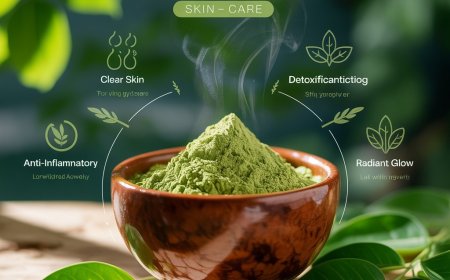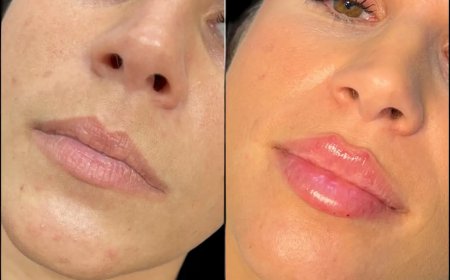How Often Should You Get a Full Body Checkup? Age-Wise Guide

Everyone knows that a full body checkup is important but the real question is: how often should you get one? The answer depends on your age, lifestyle, family history, and current health status. Health isnt static, and your bodys needs evolve with time. Whats enough in your twenties may not suffice in your forties. Thats why having an age-wise guide to your full body checkup frequency helps you stay ahead not just of illness, but of regret.
Lets begin with those in their 20s. At this age, you might feel invincible energetic, disease-free, and symptomless. But this is exactly why its the right time to set a baseline. A full body checkup once every 2 to 3 years is recommended in your twenties, especially if you have no symptoms. These checkups usually include blood sugar, thyroid, vitamin levels, liver, kidney, and cholesterol giving you a benchmark for your future health. For those with family history of diabetes, thyroid issues, or PCOD, annual checkups are ideal even at this stage.
When you hit your 30s, life gets busier and your body begins to reflect it. This is when stress, sedentary lifestyle, weight changes, and nutritional deficiencies start creeping in. A full body checkup should be done once a year. This age group sees a spike in early signs of diabetes, fatty liver, high cholesterol, or vitamin D deficiency even without symptoms. If youre planning to start a family, it becomes even more essential to assess hormonal health and organ functions.
Your 40s are a critical decade. This is when lifestyle diseases truly begin to surface. Annual full body checkups are no longer optional theyre essential. In addition to standard parameters, men should consider PSA (Prostate-Specific Antigen) testing, while women should include PAP smears and mammograms as advised. People over 40 with high stress jobs, high BP, or sleep issues must also add ECGs and advanced cardiac screenings to their yearly full body checkup.
Once you enter your 50s, your body needs closer monitoring. This is the age when risks for heart disease, cancer, osteoporosis, and kidney damage increase significantly. A full body checkup every 6 to 12 months is advised, depending on your health profile. At this stage, even if you feel normal, silent issues like blood pressure fluctuations, borderline sugar levels, or cholesterol spikes can quietly cause long-term harm. Eye checks, bone density scans, and cancer markers should be added to your routine full body checkup from this age onwards.
Your 60s and beyond demand a preventive mindset. Health conditions now appear more frequently and recover more slowly. A comprehensive full body checkup every 6 months is ideal. These checkups help manage medications, monitor organ stress, and adjust lifestyle. Regular testing ensures early detection of age-related diseases and improves life quality. If you're managing multiple conditions (like diabetes, hypertension, arthritis), your full body checkup becomes a tool to track your progress not just detect problems.
So, why follow an age-specific frequency? Because your body is changing constantly. A one-size-fits-all approach doesnt work. Someone in their 20s may only need a basic panel once every few years, but someone in their 50s may need thyroid, sugar, kidney, liver, and cardiac markers checked every few months. The frequency of your full body checkup should match your bodys speed of change.
Another reason for regularity is comparison. Doing one full body checkup doesnt tell the whole story. But doing it consistently say, every year shows patterns. Is your cholesterol rising slowly over 3 years? Has your vitamin B12 dropped over time? Are your sugar levels showing signs of pre-diabetes? These patterns empower you to act early, even before symptoms strike.
Thanks to services like Swasthyapro, maintaining this routine is easier than ever. With affordable, customizable plans based on age and gender, plus home collection and doctor reports, your full body checkup becomes a seamless part of your life not a burden.
?Your age is not just a number its a signal.
Listen to your body through timely full body checkups, and let each decade be your healthiest yet.

































